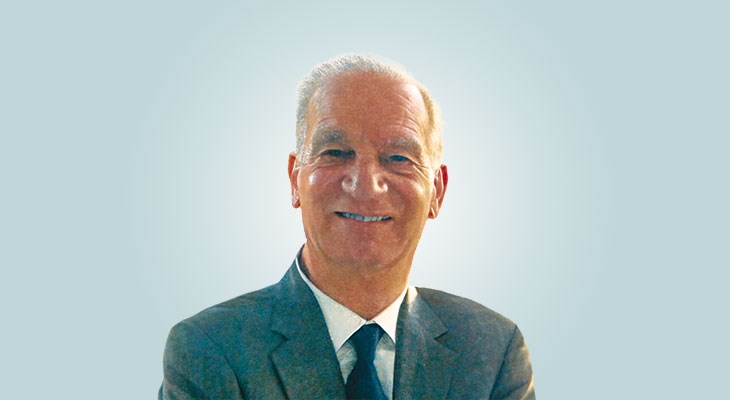George Nyquist was the first person in his family to go to college. Still, like many whose family owns a business — in this case, automotive industrial chemical coatings supplier Nyquist Inc. — he worked in the business on weekends, over summers and holiday breaks. By the time he was a senior in college, he says he wanted to do something different.
"I was going to college, and I didn't want anything to do with this business," Nyquist told attendees at the Baltimore Smart Business Dealmakers Conference. "And long story short, after graduating and having a few years in the business world, I started looking back at this thing that went up for sale because my parents ready to retire and said, 'Maybe I might be interested in his family business."
The business was very small — eight or nine employees — when he bought it in 1978, and was operating out of one cinder-block building. Though he says his parents didn't have money, they had a lot of good sense. One of the most important things they said to him was listen to your lawyer and your accountant.
"Everybody thinks they're an amateur lawyer or an amateur accountant and they aren't," he says. "I had a math degree from college but that did not make me an accountant."
He says he had a management team and let them do a lot of things. As time went on and they became better and more skilled at what they did, he gave them more leeway to do what they wanted to do. But he had one rule.
"The one rule was, I'll let you do anything you want but don't get me in trouble with my accountant or my attorney," Nyquist says. "Don't get me in trouble with those two and you'll be fine. They are the backbone, and you have so many questions and so many things that you depend on them. And because you don't need them every day, sometimes you discount the importance of them. But when you need them, you need them there and need them there now."
Since he sold his business, he says he's been able to take a retrospective look back at some of the things he did, and some of the decisions that worked out well. In four decades of owning the company, he says he never had any major legal situation that had an impact on the company that they couldn't work out fairly quickly to a resolution that worked out for the company. He's also had two audits in 40 years. One time, they walked away with nothing, and the other time they walked away with a $450 check. He says because he listened to his professional advisers — particularly his lawyer and accountant — it prevented any major problems and paved the way for an easy and smooth sale of his business.
He has no children, so he knew at some point that somebody else not named Nyquist was going to own the company. But at the same time, he wanted to make sure that the management team of four people assembled in the 1980 who eventually ran the company had more autonomy and stayed with the business until he decided to sell. So, about 15 years before the sale, he worked with his attorney to put together a contract with his management team that if they stayed until the day of sale, they, as well as two other key people, got a percentage of whatever the sale price was.
"And they stayed till the very end. And they performed just wonderfully during the entire process," he says.
One of the things that he says he learned as he realized he was going to have to sell the business is that it takes preparation to do that. It's not a process that's going to take weeks or months. It's going to take years. That preparation requires a team of people that can work together to facilitate the sale. His lawyer told him two years before he ultimately sold that he needed to get everything in line so that when it was time, he'd be ready to go. And if there were a buyer out there that was interested, there'd be nothing standing in the way.
"It took us two years to clean the books up. Not that we had the worst, messiest books in the world," he says. "But we all have things in family businesses that this thing is here and we know what it is, but we're not going to worry about it."
Ultimately, when somebody approached him about selling the business, he was ready. That time came during the last week of February 2020. Three weeks after they worked on the deal, the whole world shut down. And it worked out that the people that were going to buy him stuck to the deal.
"It was a very, very tough five or six months," Nyquist says. "But in the end, it worked out fine."




